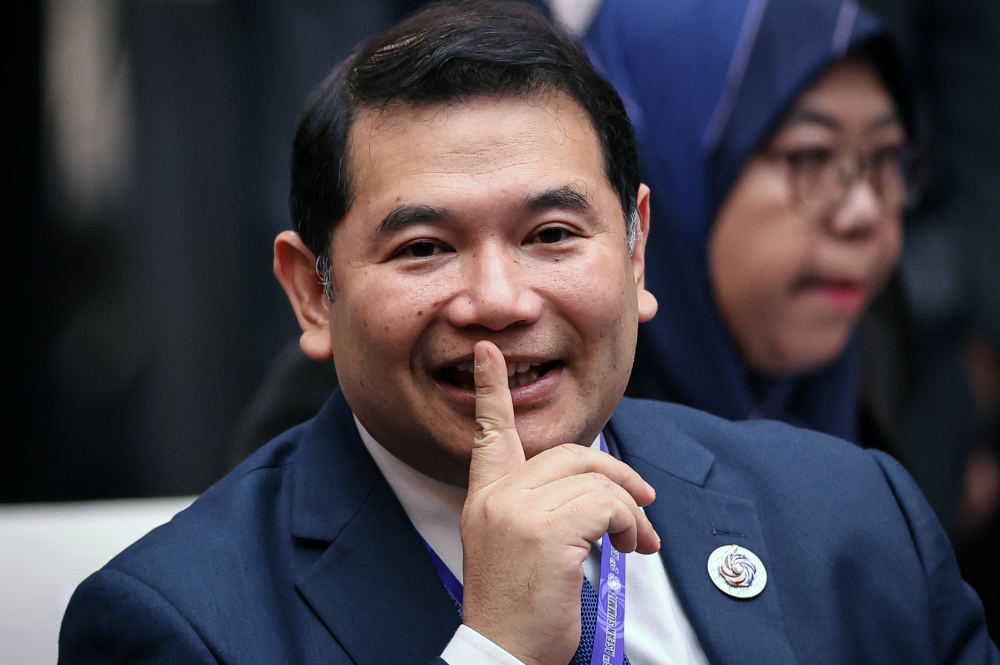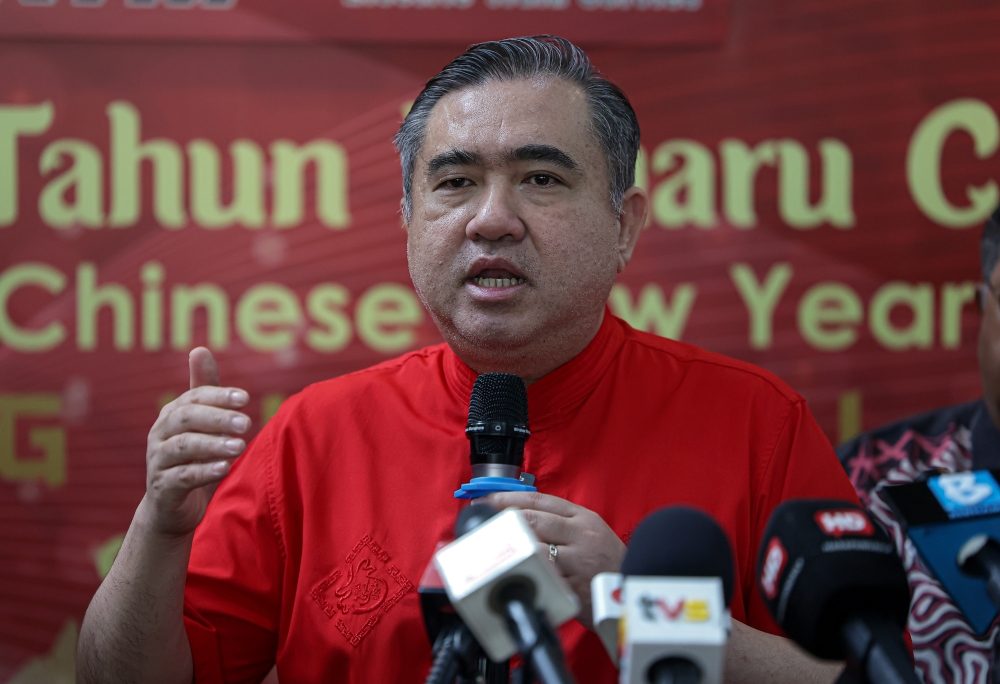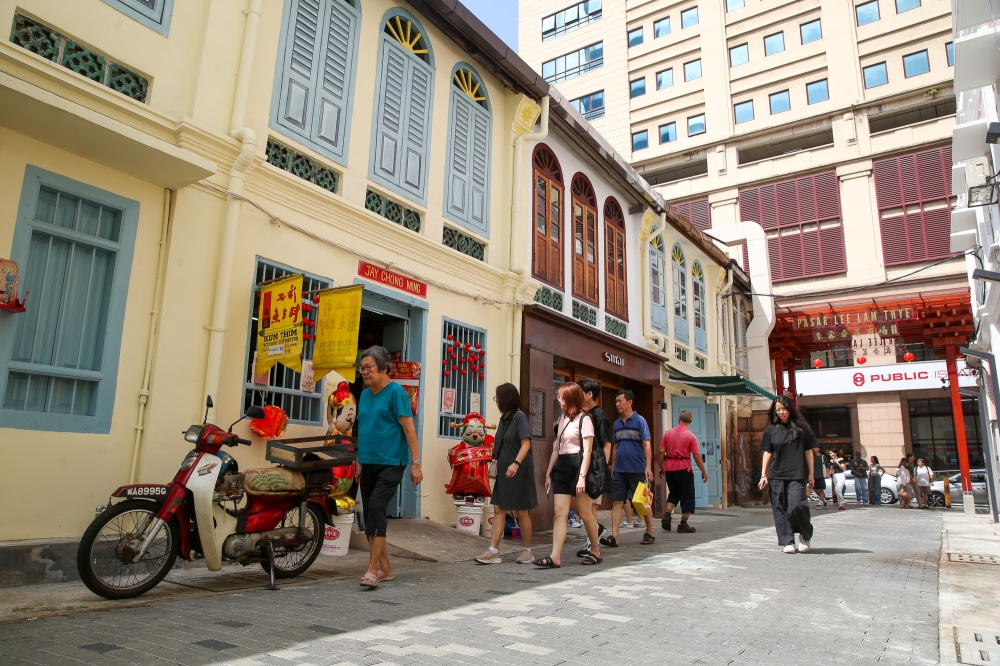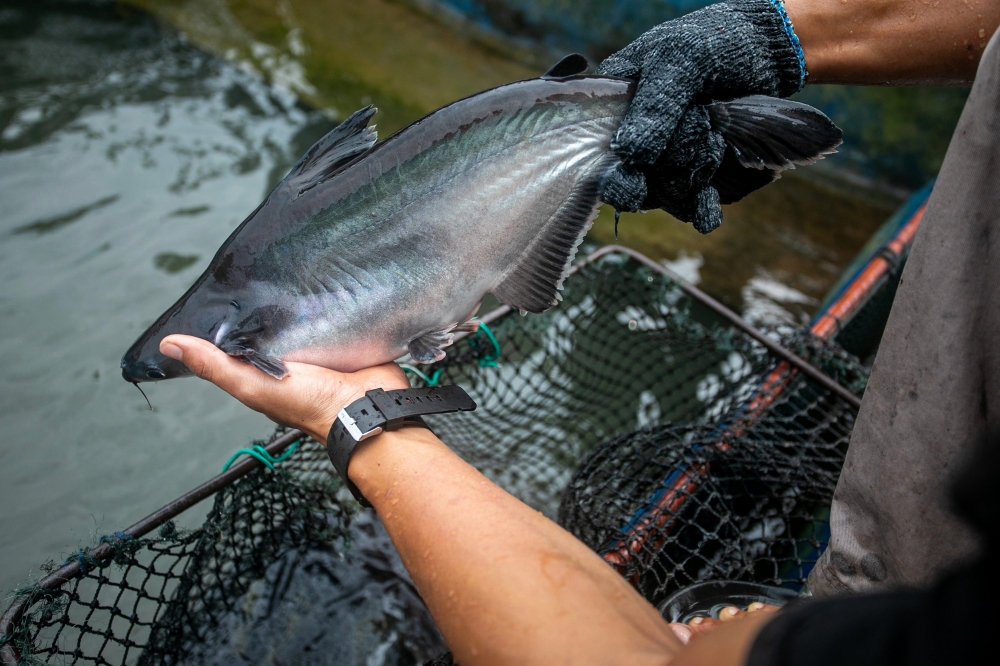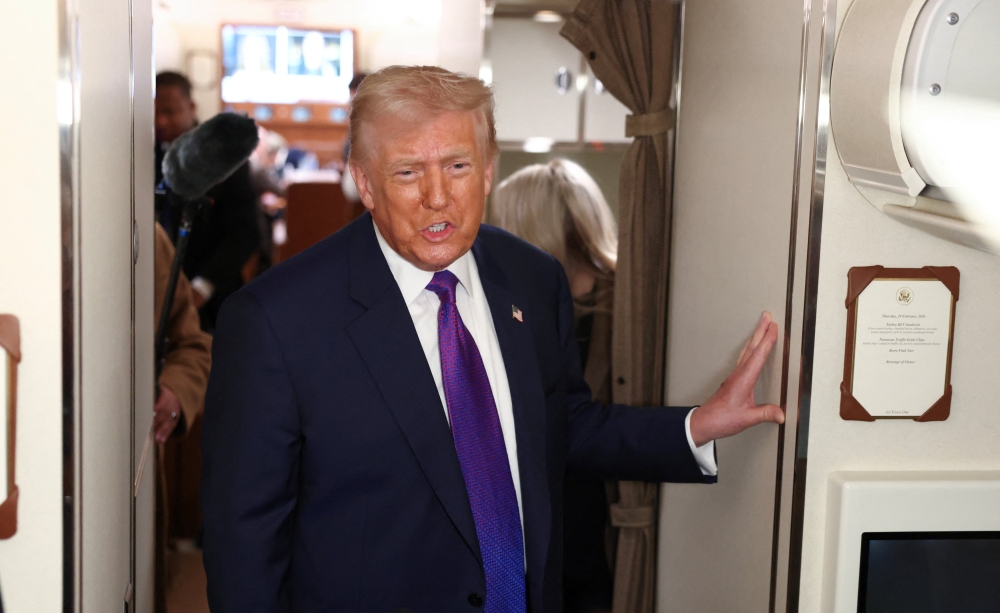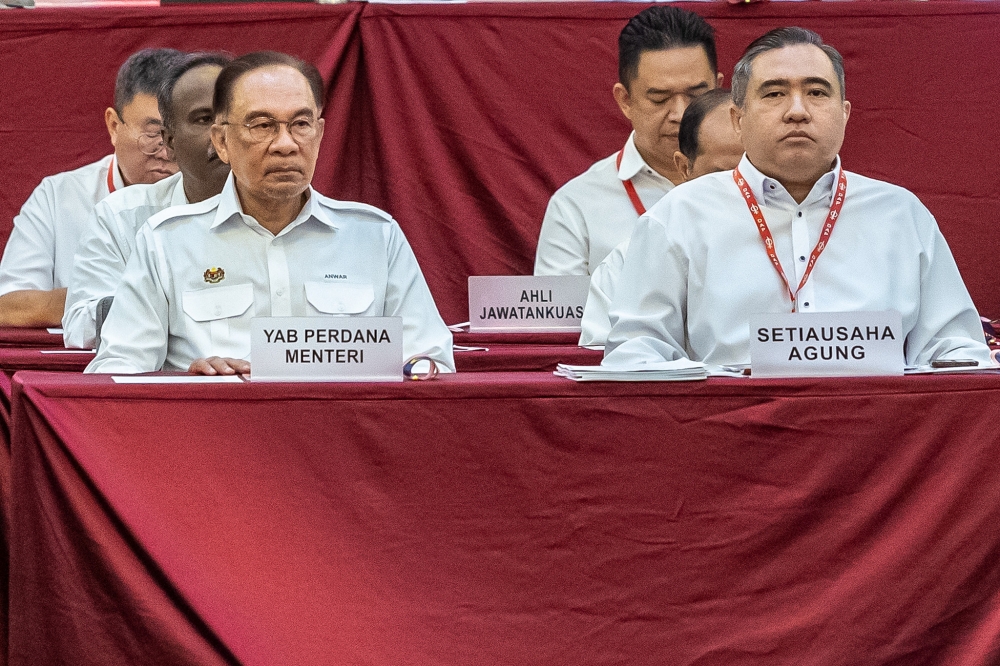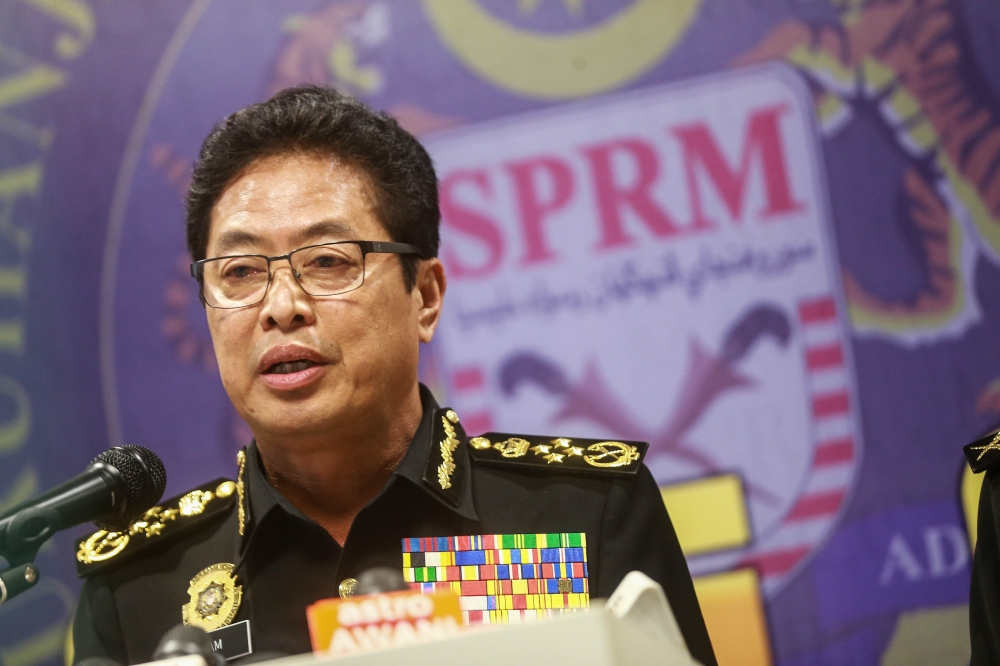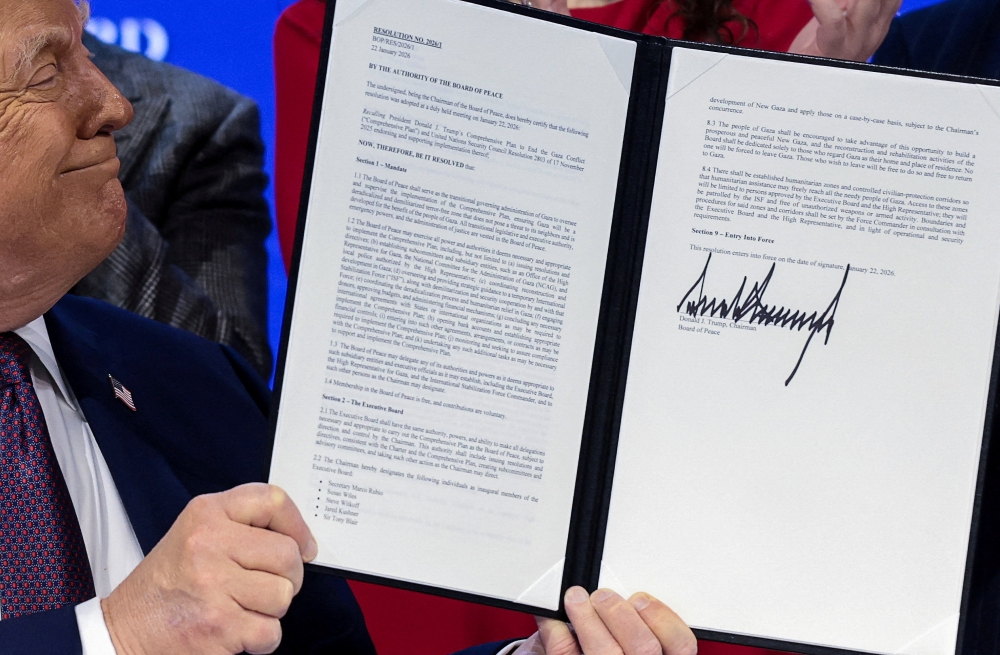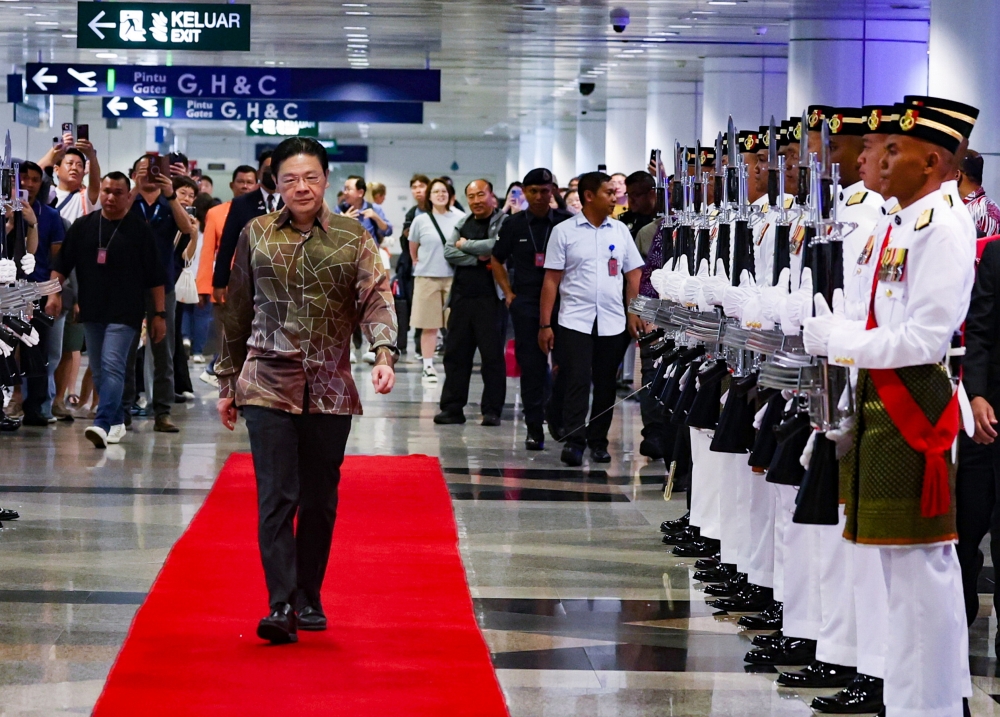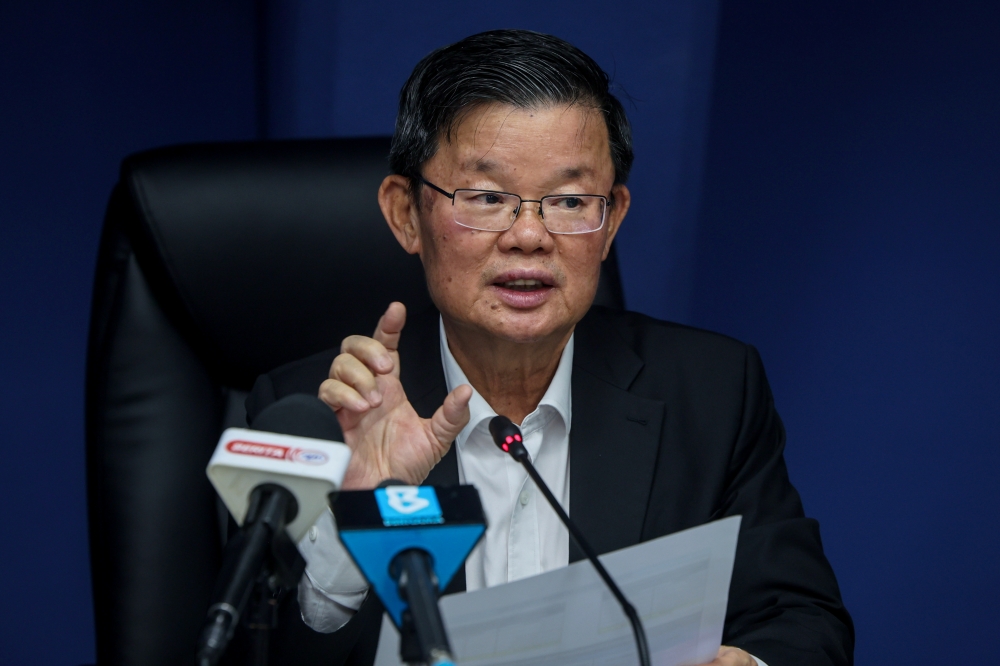MARCH 17 — As bad as the effects of the Covid-19 pandemic have been on China, the American response was: Hold my corona.
Trump will do anything to ensure his re-election in November, and the greatest looming threat is a stock market free-fall and an economic recession. So, in one manic week, we’ve seen the Fed cut rates to zero and quantitative easing 3.0.
Cast your mind back to 2008 for the consequences of the last coupling of low rates and excess liquidity. The ill-fated offspring was the global financial crisis.
How real is the threat of a global recession right now? Global consulting powerhouse McKinsey anticipates a best-case result of “a fall in China’s GDP from nearly 6 per cent growth to about 4.7 per cent; a one-percentage-point drop in GDP growth for East Asia; and drops of up to 0.5 percentage points for other large economies around the world.”
The worse case scenarios anticipate bigger hits to GDP in the large economies and longer recovery periods. So the situation is bad, and can rapidly deteriorate now that American mass media has made this a minute by minute assault on the hive mind so that rationality is fast being overcome by hysteria.
By contrast, Malaysians have shown great empathy and maturity in our societal response to this threat. Though the restricted movement measures comes into effect tomorrow, we must do our part in the interests of both our own public safety as well as our responsibilities towards neighbors and visitors.
I will leave it to the experts to propose the appropriate medical precautions, which we should all duly respect, and instead offer my opinion to the economic precautions that we should undertake to protect ourselves:
First, provide support to employees and SME’s. Hourly earners and small businesses are at the greatest risk to suspended income as parts of the economy lock down or slow down. The government must treat this as a national emergency, providing support and relief by way of supplemental income and other allowances and subsidies.
Hong Kong, for instance, granted each and every resident a cash alllowance of RM5,000. Big business and MNC’s, though they have the loudest lobbying power with government, are better equipped to fend for themselves. We need to look out for the little guy.
Second, ensure liquidity in the economy. The easiest trigger to widespread panic is scarcity. Not just cash and credit, but also groceries, medicines, power, and, yes, toilet paper. I have long advocated the necessity for domestic food security, food safety and food sovereignty.
If supply chains were cut off due to an “act of God,” Malaysia reportedly has only few weeks of fresh meat and vegetables reserves — one of the worst self-sufficiencies in the world.
Third, integrate supply chains. China has shown the world how reliant we are upon them for not only finished products, but also every component that goes into them. The Chinese government response — as well as the fact they they went into the eye of the storm first — ensured that they are recovering ahead of other large economies in the West which are now entering the pandemonium.
But neither is this epidemic over nor will it be the last of its kind, so we should learn the lesson of securing our supply chains across business verticals. For this we can look to our neighbors in Asean.
Not only are we fortunate to be a leading member of the most dynamic economic zone on the planet today, but also those offering the most competitive alternatives to China in manufacturing and services (ourselves included).
Fourth, leapfrog the physical channels. Another lesson from China is that trade and consumption has significantly moved online as a consequence of the coronavirus epidemic. The trend towards the digital infrastructure superimposing the physical one was already underway.
The tech giants already dominate the rankings of the world’s largest enterprises, but there is another massive disruption coming in the form of the Fourth Industrial Revolution (4IR).
If you read my commentaries then you know my central theme is the migration of Malaysia from a low cost, low wages economy to a high wage, innovation economy to prepare ourselves for the digital transformation led by Fintech, AI, blockchain, and crypto; and amplified by global black swan crisis events such as the one upon us now.
Finally, clear-headed and stable leadership. We need to ask ourselves right now, as we brace for harder times ahead, do we have a determined, committed leadership who will guide us through rough waters with a steady hand.
I am not advocating that we should be as heavy handed as China, or as hyperbolic as America. Rather, our leadership must simply put the interests of people first, favouring the 99 per cent of society who face the greatest risks and exposure.
* This is the personal opinion of the writer or publication and does not necessarily represent the views of Malay Mail.

